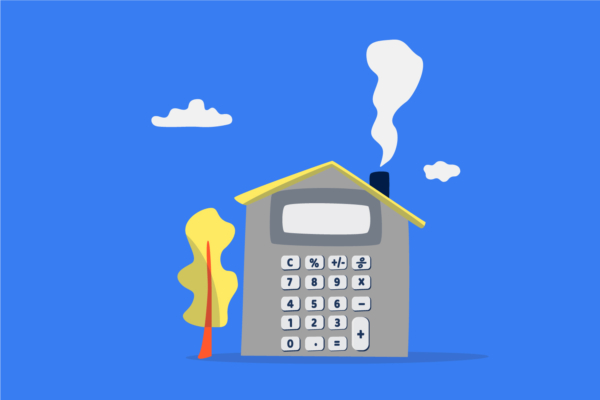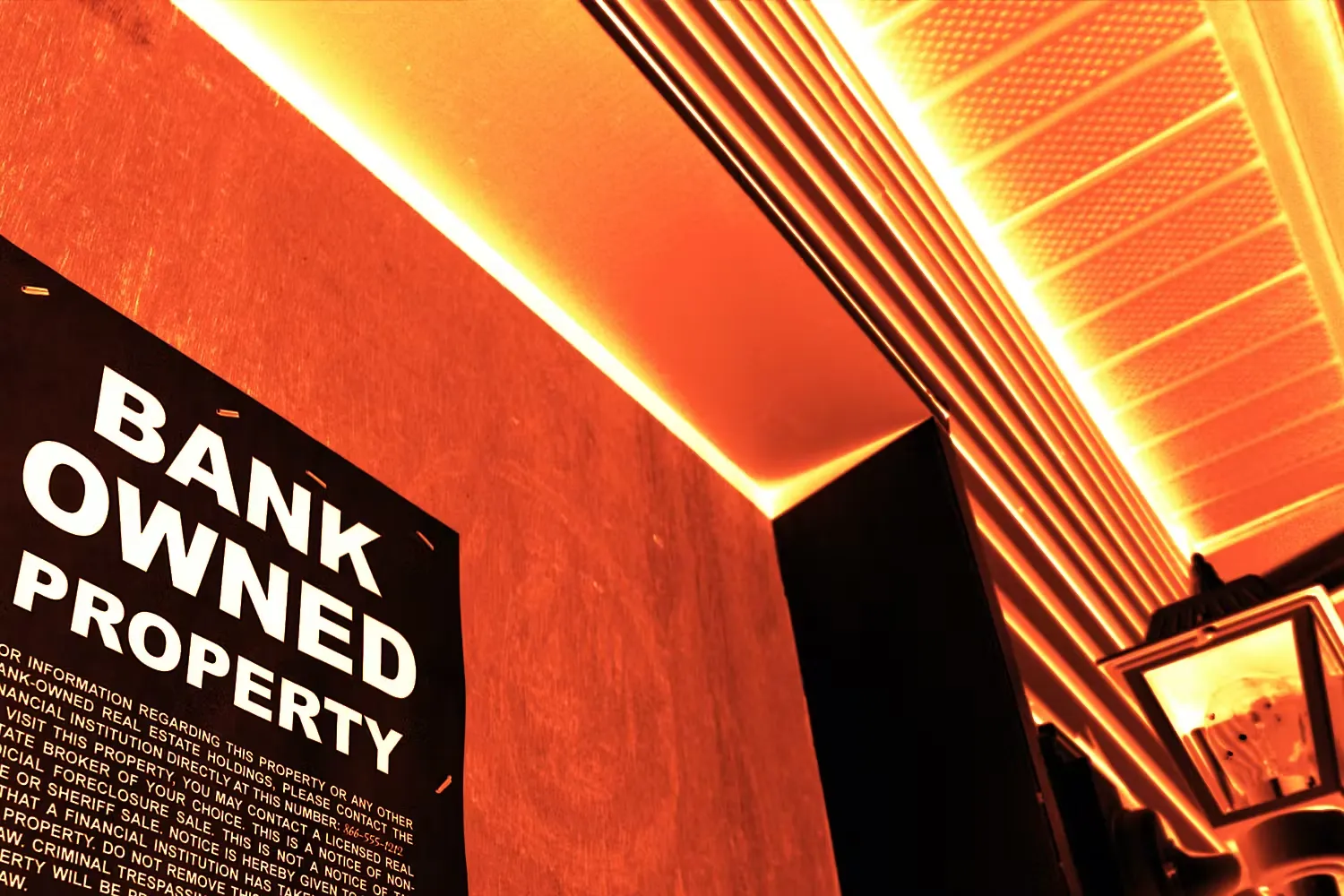
REO Properties: Everything You Need to Know

If you’re on the house hunt, you may have come across properties labeled real estate owned— or simply REO— while browsing listings. If the label didn’t pique your curiosity, the lower-than-average price might have raised an eyebrow.
If you’re considering purchasing one of these properties, it’s important to know the basics and how they differ from traditional listings.
What is an REO property?
To understand what an REO property is, it’s important to understand how it relates to foreclosure.
On a very basic level, this is the foreclosure process:
- If a homeowner falls behind on mortgage payments, the bank initiates foreclosure proceedings.
- If the owner is unable to reach an agreement with their lender, the bank moves forward with the foreclosure.
- To recoup their losses, the lender will attempt to sell the property in an auction.
- If the house is not sold at auction, the property will be deeded to the lender and will be listed for sale on the market as an REO.
So, in short, a real estate owned (REO) is a property that has gone through the foreclosure process and is owned by the lender, usually a bank or similar financial institution.
Looking for a mortgage?
Our local, award-winning lending team is ready to help you begin today.
How to Find REO Properties
To help liquidate these assets quickly, banks usually employ their own REO specialists that are tasked with managing their portfolio of REO properties. REO specialists are typically tasked with marketing, keeping track of offers, and communicating with property managers that do basic upkeep on the houses.
Because lenders want to get these properties off their hands, there are usually many ways to find them.
1. The MLS
REO specialists often turn to their local multiple listing service, or MLS for short, to list their properties. This is the same database that real estate agents use to help their clients buy and sell their homes.
This means that you can often find REO properties the way you could any other type of home— through your real estate agent. It also means that you can use online services like Zillow and Redfin to search for homes, as they often pull listings directly from the MLS.
2. Bank websites or directly through the lender
Banks will sometimes also list their REO properties somewhere on their website. Others won’t list their properties and instead will require interested buyers to contact them directly. Either way, contacting lenders is a good way to find properties that may be available.
It’s worth noting, however, that some banks do not sell their homes individually to buyers. Some banks prefer to bundle and sell multiple homes at once to investors.
3. Government Agencies
Agencies like the US Department of Housing and Urban Development (HUD) and the Federal National Mortgage Association (Fannie Mae) can also take possession of an REO property. These agencies have their own websites that list their REO properties on the market.
For example, HUD might take possession of a home as a result of a foreclosure on an FHA-insured mortgage. If it doesn’t sell at auction, the home will be listed on the HUD Home Store website.
4. Find Them in Person
Ever pass by a house with a “For Sale: Foreclosure” sign? Chances are, that’s an REO property. If you have a neighborhood or area where you want to purchase a house, drive around and look for these signs. They typically include a phone number for inquiries.
5. Public Records
If you’re in the mood to do some investigation, you can look up local public records at the County Clerk to find legal notices such as Notice of Default or Notice of Sale. These can clue you into which houses are going through the foreclosure process and which may be soon up for sale as an REO.
Pros and Cons of REO Properties
A house is very rarely a small purchase! If you’re considering an REO property, it’s important to be aware of the potential advantages and disadvantages of buying this type of listing.
| Pros | Cons |
|---|---|
| REO homes are typically cheaper: When selling an REO property, banks are just trying to recoup their losses and aren’t necessarily focused on turning a profit like investors or other sellers. This means you can typically find bargain deals far below the fair market value. | REO properties are sold as-is: REO homes don’t come staged and smelling like fresh, home-baked cookies like other homes on the market might. REOs are sold “as-is”, meaning that no repairs are going to be made prior to someone purchasing the home. If the house is in disrepair— which oftentimes is the case— it is up to you to find—and fix—all of the issues. |
| They can be a good investment: Bank-owned properties can be a great investment—but only if you find a good deal in a good location. You’re getting a bargain price below market value, so depending on the overall condition, you may be able to turn a profit. This is highly dependent on the details, location, your own skills and experience, and level of disrepair. | They can also be a bad investment: Unfortunately, there’s never a guarantee that you’re going to make your money back when you purchase an REO property. There could be major underlying issues that go unnoticed at first, but ultimately eat away at your equity and profit when you sell. It’s always a good idea to get a home inspection for an REO property. |
| There’s a lot of competition: Bargain prices usually means that you’ll have a lot of competition when trying to buy an REO. This means you may not end up with the house you actually want. | |
| It can be a slow process: If you manage to beat out the competition for the home, that doesn’t mean it’s instantly yours. Purchasing an REO property can be a slow process that can involve things like resolving existing liens. |
The Bottom Line
If you are planning to take advantage of the low price of an REO property, be sure that you fully know what you are getting yourself into. Not all REO properties end up being a good investment, so always be sure to do your homework and get a home inspection before signing on the dotted line. It’s important to be thorough in your risk assessment before purchasing any property, but especially an REO.


